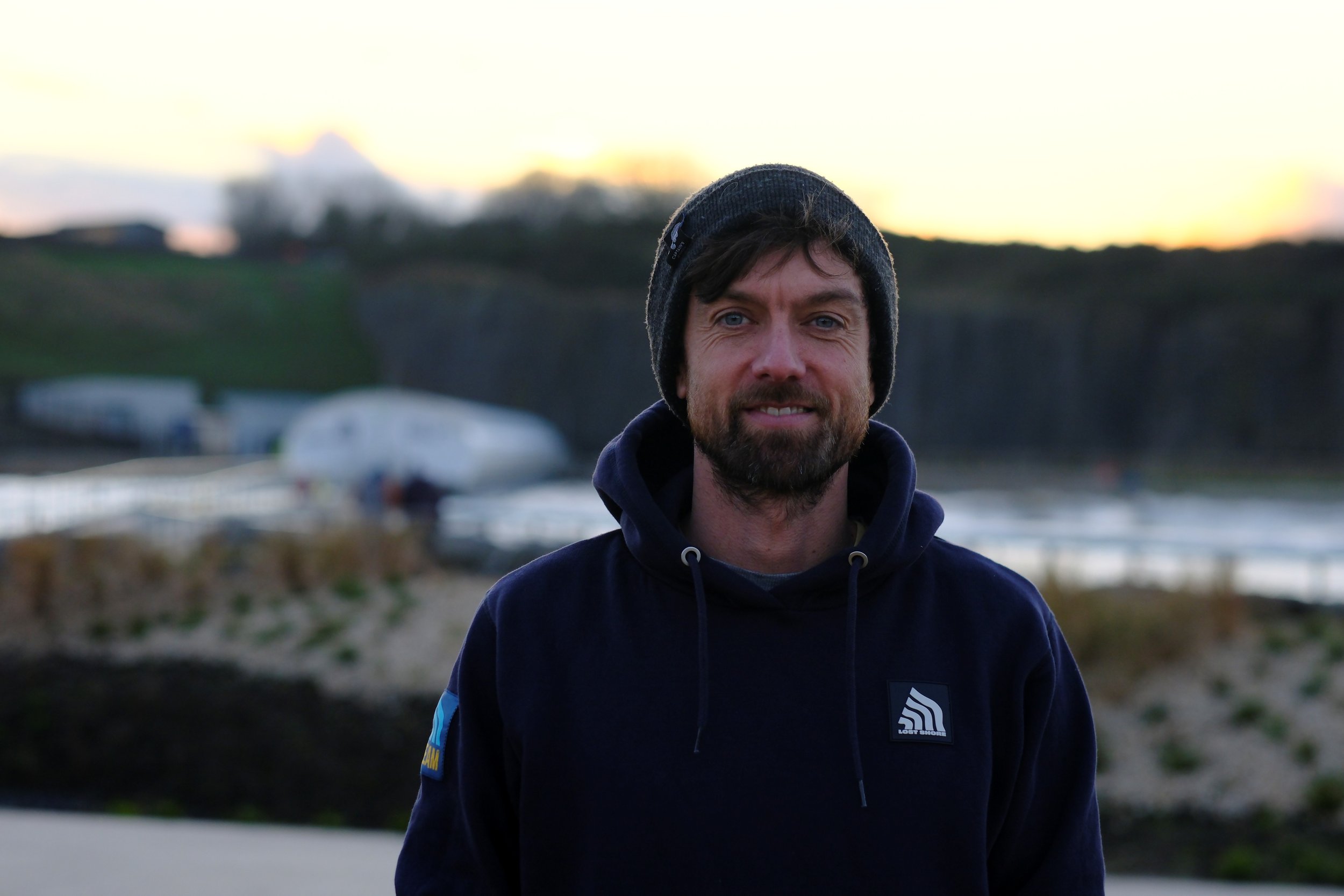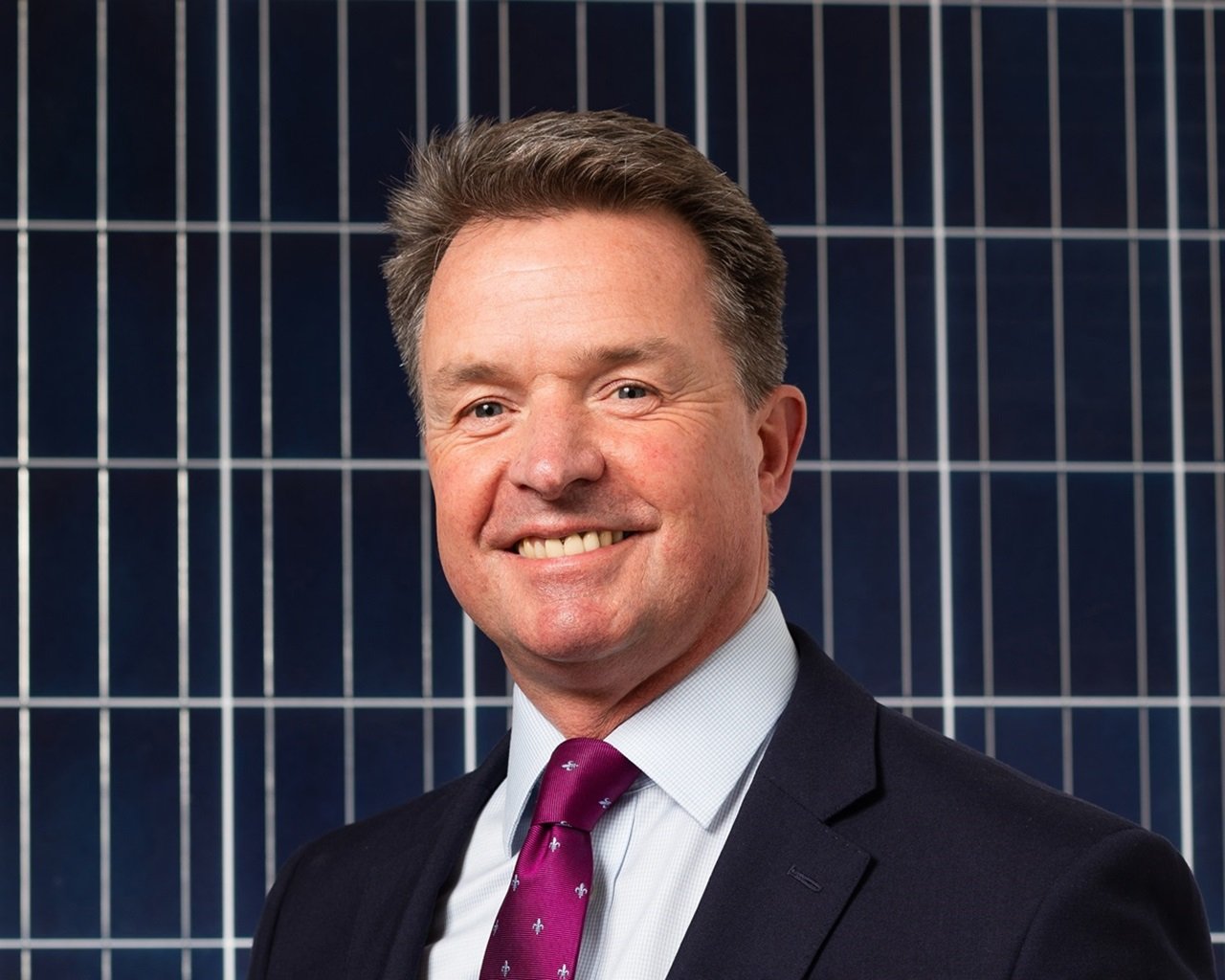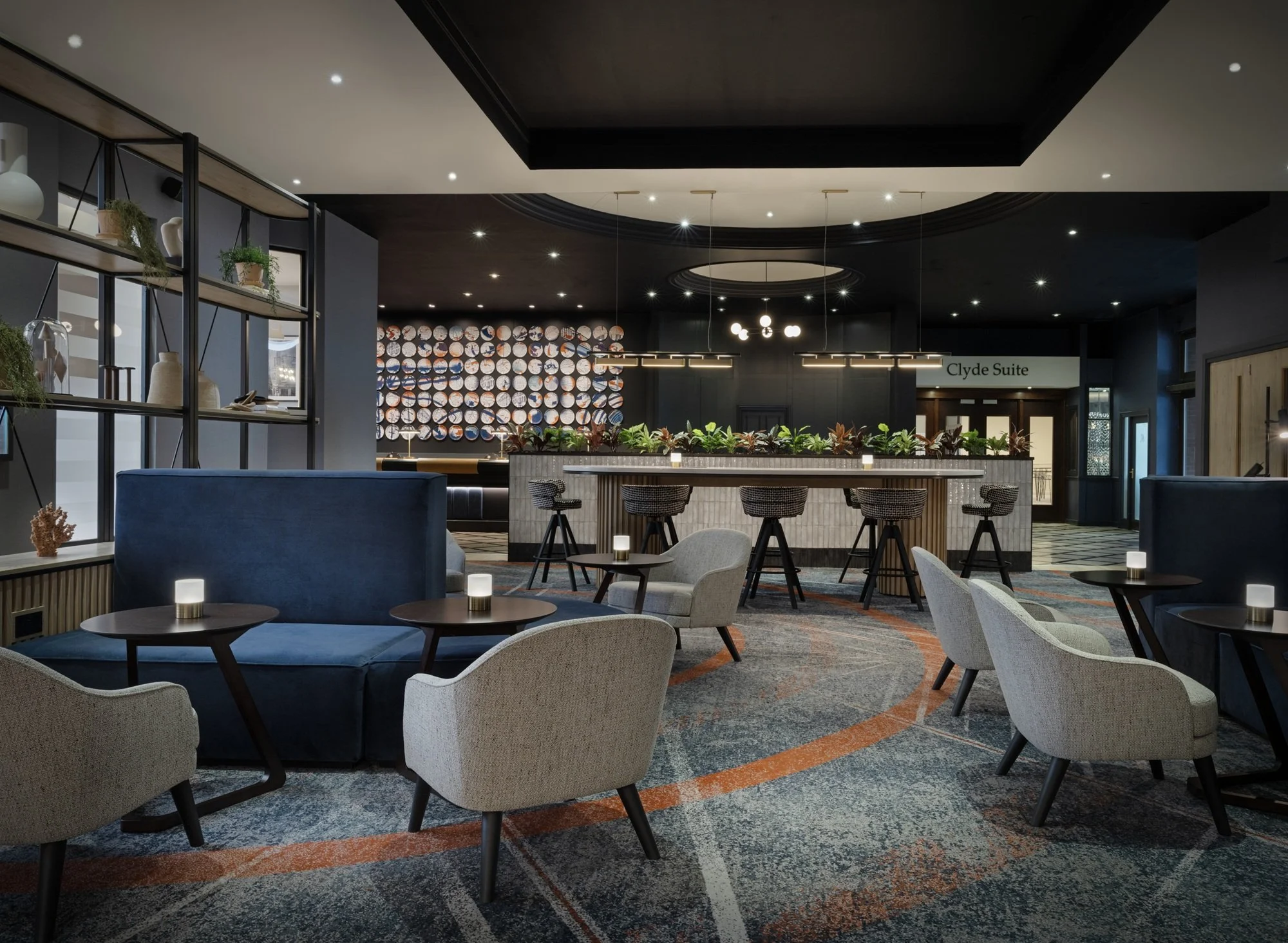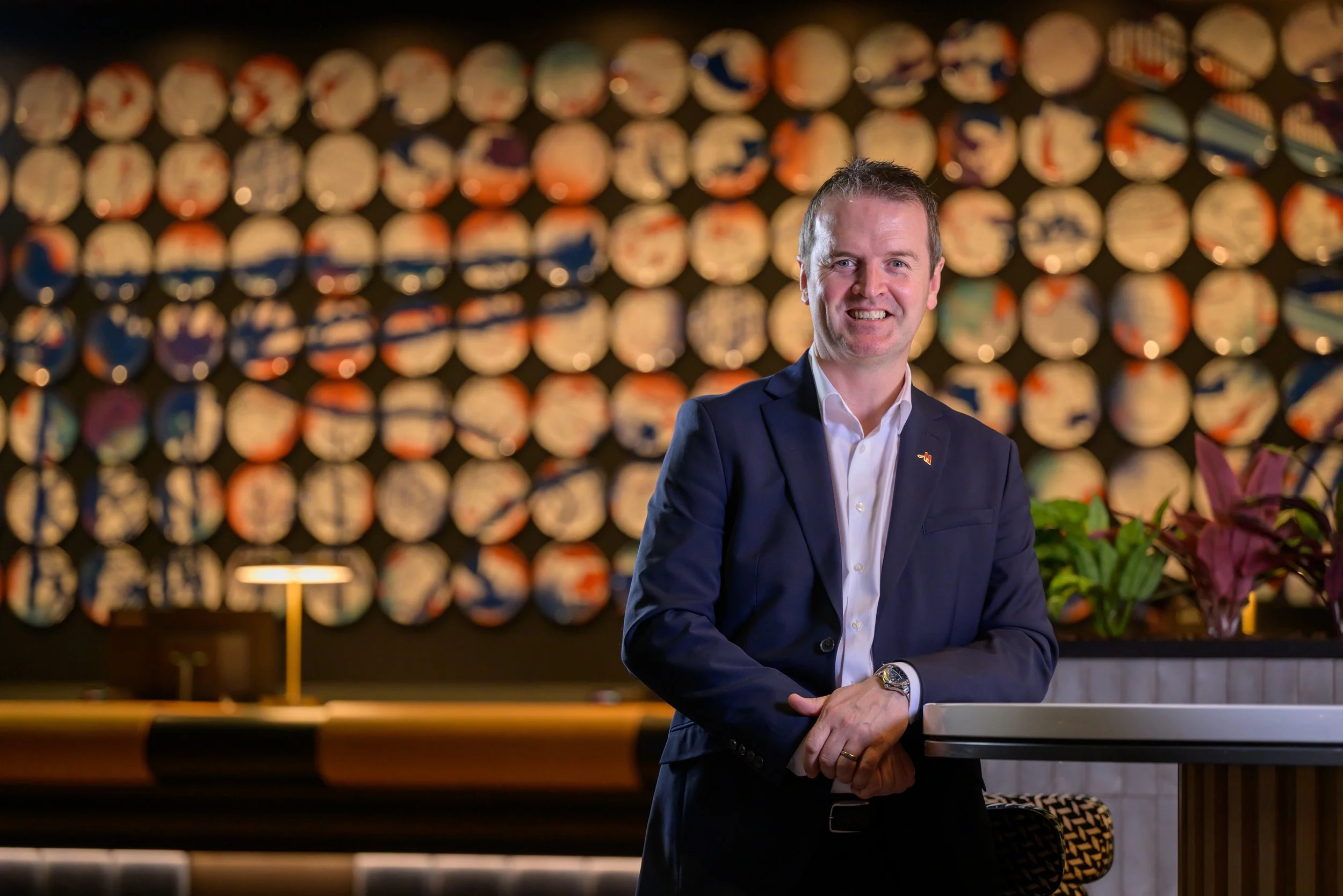Effective political and stakeholder influencing post lockdown
For the past few months the Government have been focussed on COVID19 related issues. However, as we emerge from lockdown and move towards the Scottish election next year, manifestos are being considered and represent a great opportunity to engage and influence politicians and key stakeholders. But how do you do this successfully?
Our latest webinar, run in conjunction with Homes for Scotland and Industrial Biotechnology Innovation Centre (IBioIC), discussed effective political and stakeholder influencing post lockdown. Our guest panellists offered their top tips on what has worked well for them.
We were joined by:
Richard Lyle, MSP
Nicola Barclay, Chief Executive at Homes for Scotland
Anthony Aitken, Head of UK Planning at Colliers International
Devin Scobie, Public Affairs Director at Perceptive Communicators
Here are our key takeaways from this:
1. Build strong long-term relationships
It’s difficult to start a conversation with a politician if you’ve not met them before. Nicola Barclay shared the philosophy that, “the best time to plant a tree is 100 years ago but the second best time is now.” So although you may have never spoken to a politician, now is the time to start building that relationship.
If you have to start a conversation digitally, it’s not the best but it is possible. Video calls work well, perhaps not the same as face to face, but they are the next best thing we have at the moment!
It’s also important to consider that we all have our own individual challenges right now – whether it be home schooling, our family’s health or space and peace to do work but everyone is facing some kid of challenge. Build rapport around this and then talk about work, so encourage a better reaction and result.
Top tip: Show your human side regardless of who you are trying to influence
2. Adapt your communication to suit your audiences
Anthony Aitken of Colliers shared how engaging with politicians has worked effectively and has helped engagement: “It’s important to get as much key information to politicians at the very start of the process. Throughout lockdown politicians have shared information about our virtual consultation events in their constituency via Twitter which has proved very successful.”
The shift towards online planning consultations by local authorities is likely to endure. Colliers undertook an online consultation which resulted in hundreds more people being able to share their views on a development. As scale of response was higher, this is also likely to be more representative of the wider community and their views.
Top tip: Consider how you can influence more effectively by using technology already being used or that is likely to be used in future
3. Use technology to your benefit
The recent pandemic has shown how quickly changes can be implemented when there are no other options. Whilst meetings with politicians and stakeholders used to take place in person, this has not been possible during lockdown. Technology has played a key role in communication with a massive surge in Zoom and Microsoft Teams meetings.
Emails, phone calls and video calls are all possible, even when face to face meetings are not. Devin Scobie of Perceptive explained, “Whilst it has been a challenge, email should now be the first protocol to engage with politicians. A call back by video call can work well. For example, if you are sharing a project or area for a planning application, it is much easier to do this visually by video .”
Top tip: Make your email relevant to the MSP. Include ‘constituency’ in the subject line (as long as your email relates to the constituency) – this will help ensure your email is prioritised over hundreds of others.
4. Timescales need to be realistic
The COVID19 pandemic has meant timescales have changed and sometimes there have been delays.
Richard Lyle explained: “In normal circumstances the government, councils, NHS and other stakeholders have 28 working days to reply. It’s important to remember it takes time to change policy and get the results you are looking for. Keep emailing, phoning and pop in to a surgery when it is safe to do so.”
Top tip: The earlier you speak to elected members (especially about policy changes or your plans which may affect an MSP’s constituents) the better.
5. Persistence is key
Be persistent – it may take a few months to come back to some level of normality so ensure to keep regular dialogue with politicians.
Nicola Barclay of Homes for Scotland explained: “At certain stages in lockdown we had weekly meetings in the diary with key stakeholders. Despite lockdown we carried on. This persistence meant we were able to achieve successful outcomes during this difficult time.”
6. Collaboration helps achieve goals
Sometimes it can seem a challenge to gain access to politicians and share your key messages and goals.
You are not alone – trade bodies and membership organisations present you with a great opportunity to take a joined up approach. By joining forces you can amplify your voice, work together on presenting relevant causes and issues to relevant politicians and stakeholders.
Top tip: Working collaboratively with trade bodies and membership organisations adds credibility to your views by highlighting shared issues and often speeds up the process.
The feedback from the webinar has been very positive. Many attendees were interested in understanding how to engage more effectively with politicians, particularly in relation to influencing manifestos. If you would benefit from a no obligation discussion about supercharging your political and stakeholder influencing, do get in touch with Julie Moulsdale on 07734 932 578 or julie.moulsdale@perceptivecommunicators.co.uk













